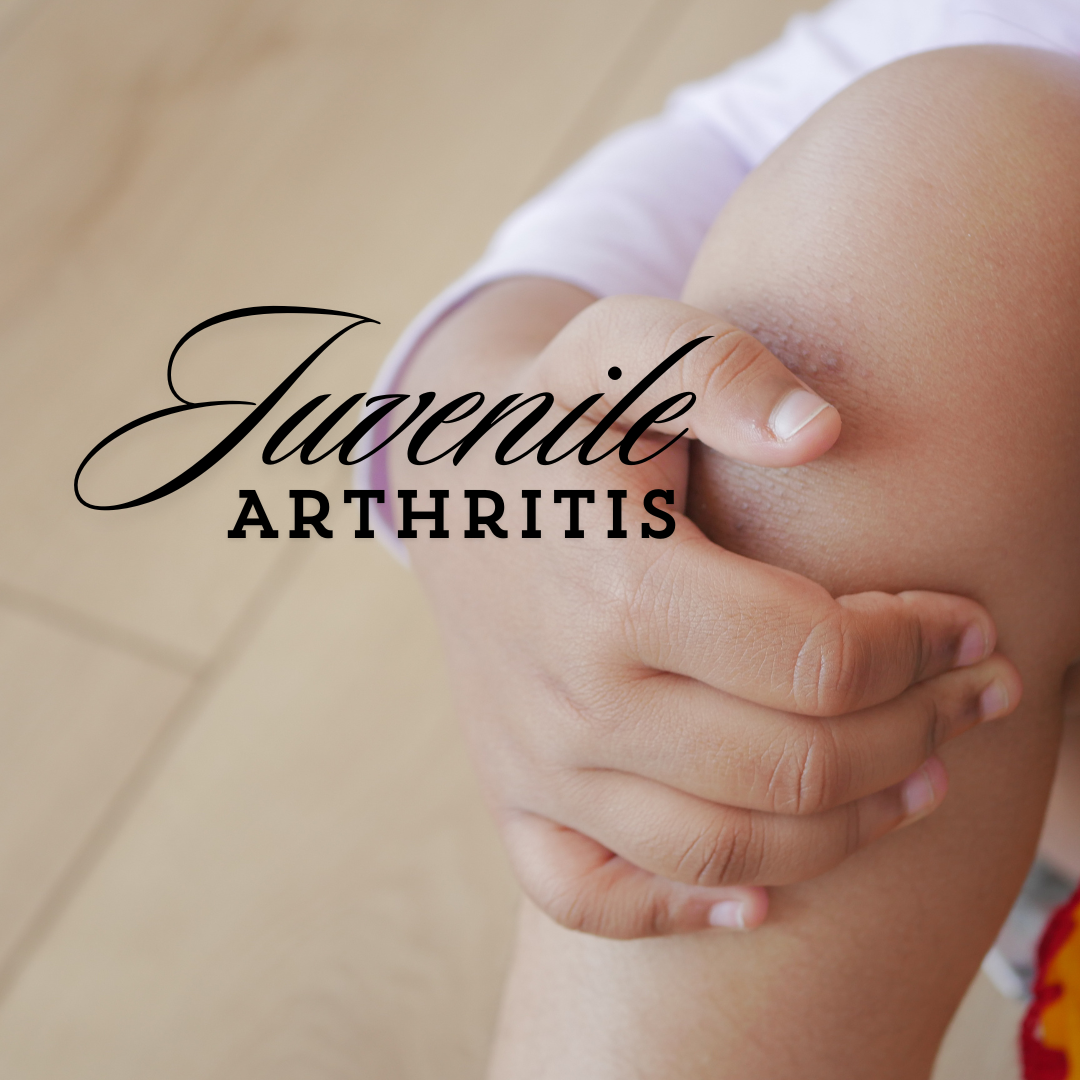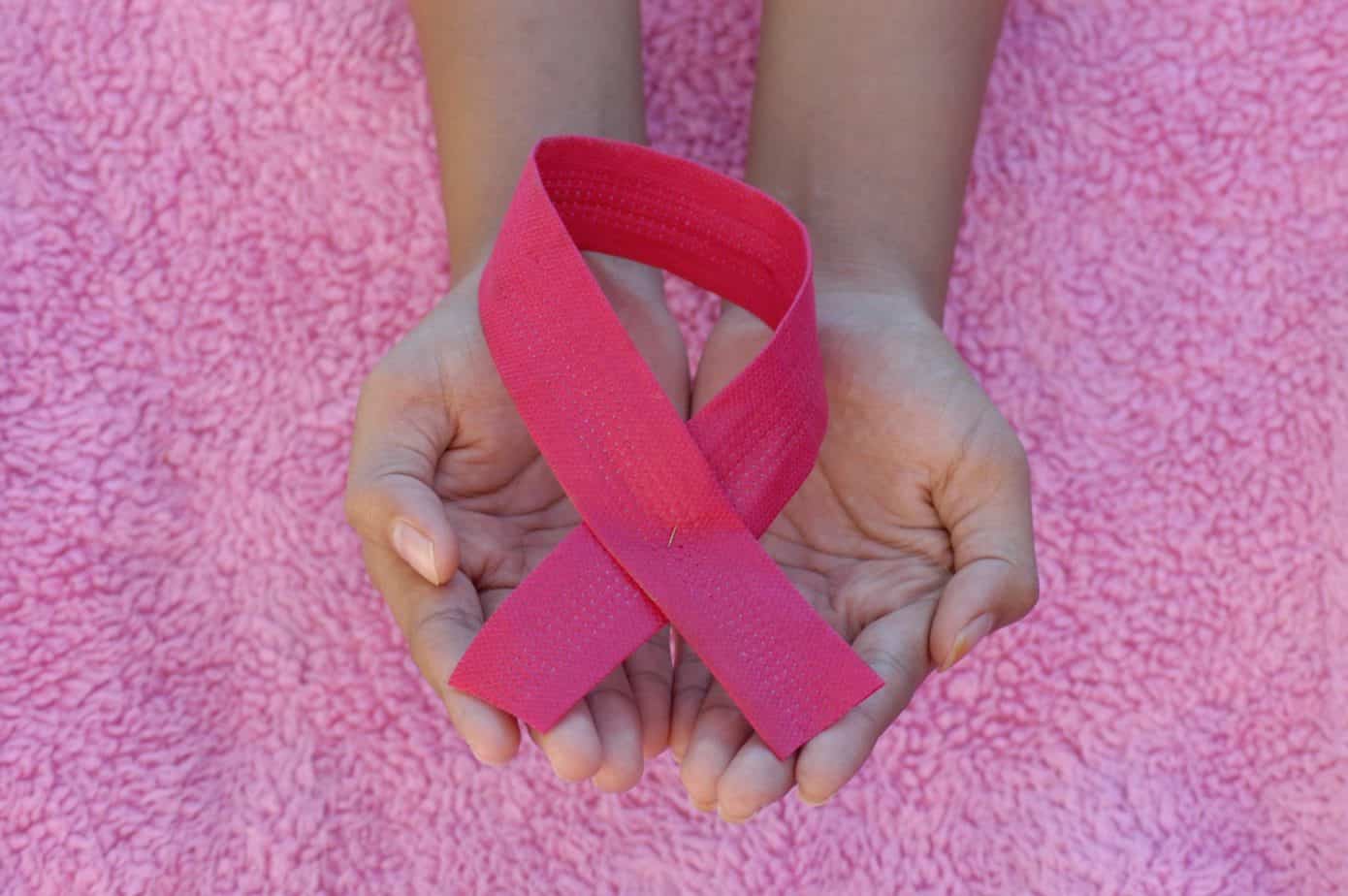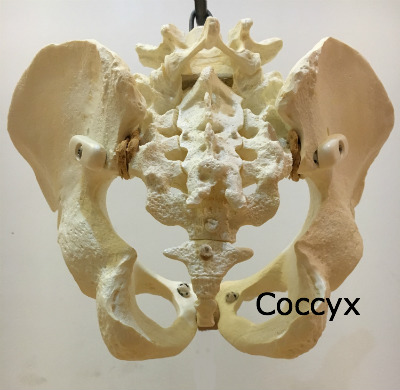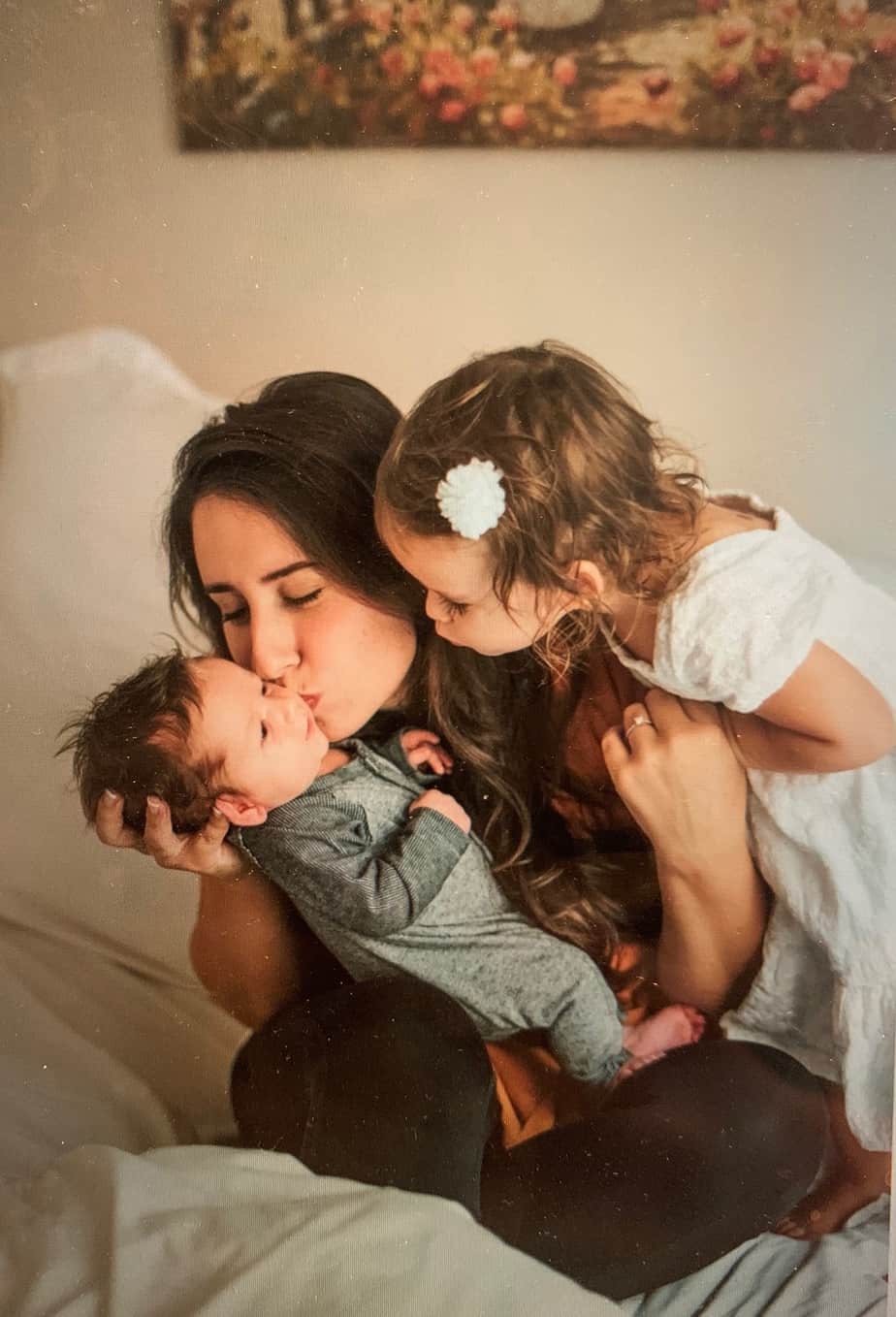Kids Can Get Arthritis Too!

Having a diagnosis of arthritis doesn’t necessarily mean you are an adult. Children can also have arthritis, termed juvenile arthritis. This term is an umbrella term for all diseases that occur when inflammation or rheumatic disease is present in those under 16. July is Juvenile Arthritis Awareness Month!
So what happens in Juvenile Arthritis (JA)?
The body attacks itself releasing inflammatory chemicals that cause joint inflammation, swelling, pain and tenderness. This type of presentation classifies JA as an autoimmune disease. The skin and internal organs can also be impacted leading to altered function.
Who is at risk of developing JA?
Science has not pinned down an exact reason. It is believed that some individuals are predisposed to developing JA through a combination of genetics and exposure to a virus or bacteria. At this time there is no evidence that JA is caused by nutritional deficits, allergies or toxins.
Common Symptoms
- Joints
- Swollen
- Stiff
- Painful
- Tender
- Warm to touch
- Joint symptoms often worsen after prolonged positions (sitting or laying down)
- Skin
- Scaly red rash present
- Psoriasis
- Light spotted pink rash
- Systemic
- Butterfly rash across bridge of nose and cheeks
- Lupus
- Thick, hardened patches
- Scleroderma
- Scaly red rash present
- Eyes
- Dry
- Painful
- Light sensitive
- Chronic eye inflammation leading to difficulty seeing
- Uveitis
- Organs
- Digestive
- Diarrhea
- Bloating
- Lungs
- Shortness of breath
- Heart
- Pericarditis
- Digestive
- Other
- Chronic fatigue
- Appetite loss
- High fevers
How is an individual diagnosed with JA?
Children suspected of having JA symptoms are typically referred to a rheumatologist for further testing. Most of this testing will include a joint and skin evaluation. Blood work which looks at inflammatory markers and imaging (X-ray, CT, MRI) can help confirm suspected cases of Juvenile Arthritis.
There are many types of JA so it is important to have your rheumatologist differentiate. This will also allow for a more individualized treatment plan which often helps to improve symptoms and the degree with which life is affected.
What kind of treatment is available for JA?
Juvenile arthritis has no cure but it is possible to mitigate symptoms, especially with early diagnosis and aggressive treatment. It is possible for individuals to be in remission where little to no disease activity is present.
Treatment can include but is not limited to:
- Physical therapy
- Teaching energy saving techniques to preserve energy and balance rest
- Use of braces, splints, hand grips to offload joints when inflamed
- Balance and coordination exercises
- Exercise
- Regular exercise
- Low impact is preferred which reduces pressure on the joints while reaching exercise targets.
- Swimming
- Walking
- Biking
- Yoga
- Medications
- Corticosteroids
- Disease-modifying anti-rheumatic drugs (DMARDs)
- Non-steroidal anti-inflammatory drugs (NSAIDs)
- Analgesics (pain relievers)
- Acupuncture
- Massage
- Mind-body therapy
- Meditation
- Deep breathing
- Nutrition and balanced diet
- Anti-inflammatory diet like the Mediterranean diet
- Hot and cold therapy
- Heat therapy for stiff joints or fatigued muscles
- Cold therapy for acute pain and reduce inflammation
- Talk therapy
- Complimenting physical therapy and treatment that addresses physical aspects of the disease.
- Therapists and psychologists can help improve mental health of children who often experience depression.
- Teach positive coping strategies and emotional support
How we can help?
Our clinic has over 30 years of experience. We treat our patients for up to one hour during treatment sessions and all sessions are held in private treatment rooms. Our clinic also has a Pilates reformer, a complete gym and adjunct equipment to work on yoga, balance, coordination activities. Call 212-233-9494 to schedule an appointment or speak with our front desk staff.







